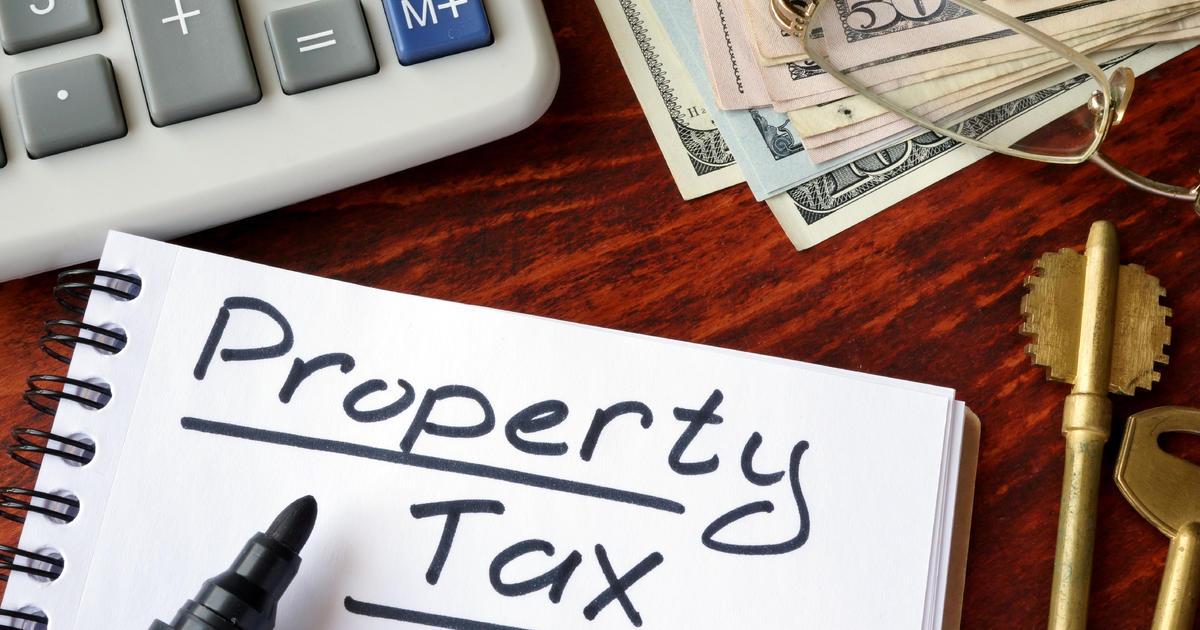Property tax assessments aren't an exact science. There may be factors that lead to an over-assessment on your home. Checking it out can save you money.
No one is thrilled when property tax bills arrive in the mail. But did you know that experts estimate that close to 60 percent of all properties in the United States are over-assessed? It's worth a little work on your end to find out if yours is part of that group.
Garbage in, garbage out
How did this widespread inflated assessment happen? It's believed that when county governments converted from a paper system to an electronic one, errors in data entry occurred. This led to higher-assessed properties. Common errors included the wrong number of bedrooms and bathrooms, as well as incorrect square footage.
You can research your assessment by visiting the tax assessor's office, or visiting the office's website and pulling your card. Some counties charge a percentage of the total value, so you'll need to know that when checking. Make sure that you look carefully at all the numbers to make sure they're correct. Often, when the assessor's office is made aware of errors, you'll be offered a reduction on the spot.
Be a nosy neighbor
Another way for you to ensure that your tax assessment is correct is to compare it to those of comparable homes in your neighborhood. When choosing the properties for comparison, make sure that the number of bedrooms and bathrooms are the same, and that the square footage and lot sizes are similar to yours. Tax assessments are public knowledge, so you can pull them for up to 10 homes in your area by visiting the assessment office or its website. If your number is higher than the average of the comps you check by 10 percent or more, you have a pretty good case for requesting a reduction.
Asking for less
If you've determined that your assessment is too high, ask for a reduction. If your request is based on comparisons of properties, you'll increase your chance of success by presenting as much supporting documentation as possible. Take with you the results of your analysis, along with photos, if possible, and your calculations.
Some counties may require an independent appraisal. If so, compare the cost savings benefits to the amount you'll have to pay for an appraisal to make sure it's worth it. If your request is denied, you can appeal the decision, but this can lead to court costs and attorney fees. Weigh those costs before deciding to move forward.
Doing some homework to ensure that your property taxes are properly set can lead to many years of tax savings. The next time that the property tax statement arrives in the mail, you still won't be thrilled, but you'll know you're not paying more than you should.





